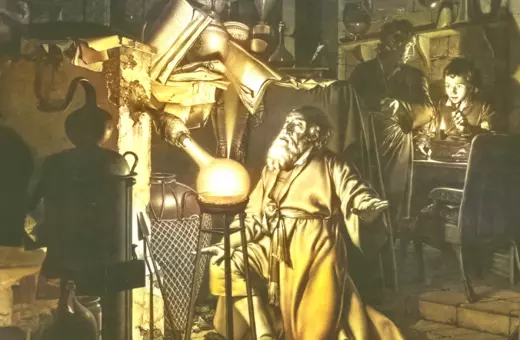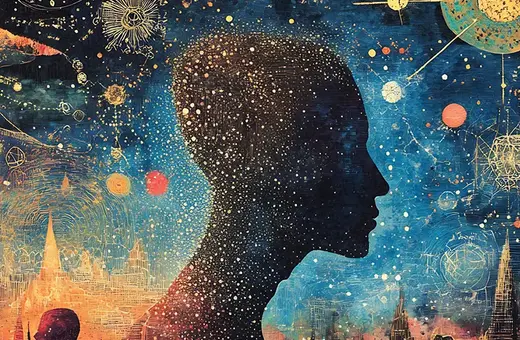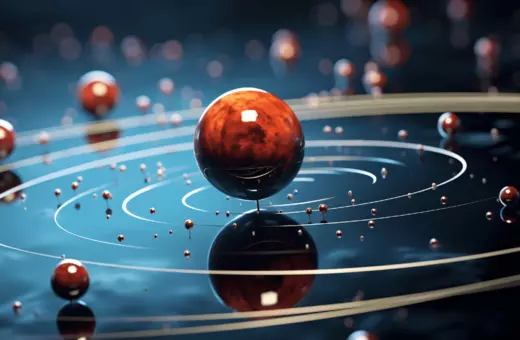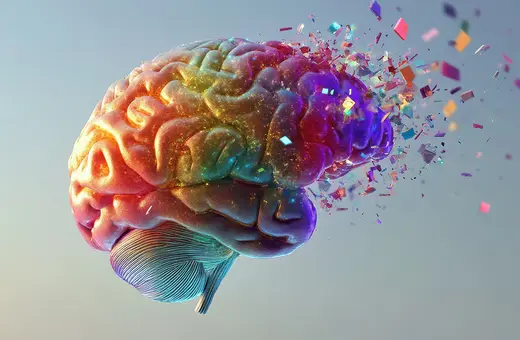In his now famous 1959 lecture, The Two Cultures, CP Snow said that the gulf between the sciences and humanities had created a significant barrier to solving the world’s problems. This prompted a debate that still rages today. On the one hand, the sciences and the humanities seem as segregated as they have ever been – especially within schools. But recent years have also seen a growing number of projects in which artists and scientists have worked together successfully.
While some see this as a positive development in overcoming the barrier identified by CP Snow, others, such as Lewis Wolpert, maintain that the humanities have little to offer the practice of science. Author of Malignant Sadness: The Anatomy of Depression, broadcaster and scientist Wolpert is Vice President of the British Humanist Association and Emeritus Professor of Biology at UCL.
Here, he talks to the IAI about Richard Dawkins, scientific ethics, and why art-science collaboration is doomed to failure.
Do you agree with CP Snow that the breakdown between the sciences and humanities is a barrier to solving the world’s problems?
Well not really, no. I think science is so different from all the other disciplines.
Why does it stand alone like that?
Well of course science is really trying to understand the world, the way the world works, and it’s not about individuals. Working on science is about a group of people working on science, which they share. And so it’s quite different to the arts, for example, or other things in the humanities.
You said earlier that science isn’t down to individuals. What did you mean by that?
Individuals working together is what I meant to say. In other words, science isn’t dependent on any one particular person. If Einstein hadn’t had his theories, or Newton, somebody else would eventually have got them. And when you do science, you have to consider what other people have already done, and that’s not like anything in the arts, you see. Geniuses in science maybe speed things up, and if you want to think about it, if we had to start the world again, we’d end up with the same science, but we wouldn’t end up with the same art.
When you say that the discoveries and breakthroughs of science would happen anyway, it could be interpreted that science therefore follows a linear progression towards truth, and many people would contest that. Is that how you see the way science works?
I don’t know about a linear progression, I don’t quite know what that means, but we are progressing towards understanding, towards the truth, yes. I think that one of the key things about science is “is it right?” And if you go to any of the arts, that’s meaningless: art, or other things in the humanities can’t be “wrong”. The special thing about science is you test it. It has to be internally consistent and logical and fit with reality.
You mentioned the idea of genius. Many of the famous scientists, Darwin and Einstein are portrayed as geniuses whose moments of insight were somehow hidden from the rational mind and required creativity or inspiration. Do you think that’s a romanticised idea of how science works, or do you think it’s a significant part of how science works?





















Join the conversation